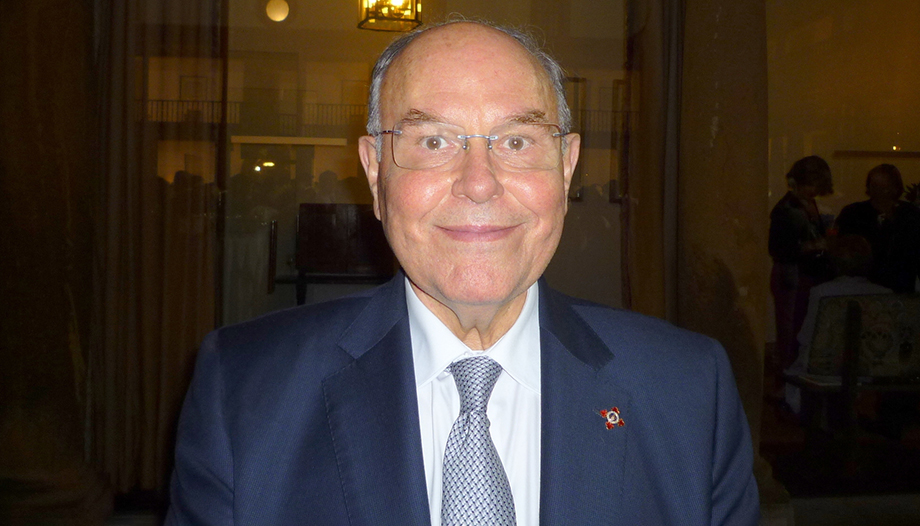César Nombela was a Spanish microbiologist who was born in Carriches, Toledo, and studied Pharmacy and Chemical Sciences at the Complutense University of Madrid, receiving his PhD from the University of Salamanca in 1972. After that, he was a postdoctoral researcher with the Spanish Nobel Prize in Medicine Severo Ochoa at the University of New York, and later at the Roche Institute of Molecular Biology in New Jersey. He returned to Spain to work as a researcher at the Institute of Biochemical Microbiology of the CSIC in Salamanca, and in 1981 he obtained the chair of Microbiology at the Faculty of Pharmacy of the Complutense University of Madrid.
His research in molecular microbiology focused on model microorganisms such as yeasts. He investigated cell wall biogenesis, signal transduction in the cell, microbial virulence factors, and applications for the production of recombinant proteins. He was among the first to apply genomic and proteomic technologies in Spain, directing the first extraordinary chair of Genomics and Proteomics in a Spanish university. He created and directed the Automated DNA Sequencing Center of the Complutense University of Madrid.
He was the author of more than 180 original research papers, and supervised more than 30 doctoral theses, in addition to numerous articles for dissemination and public debate in newspapers, in areas such as bioethics and university and science policy.
In terms of positions held, apart from those mentioned above, he was President of the Spanish Society of Microbiology and of the European Federation of Microbiological Societies. He was also President of the CSIC and rector of the Menéndez Pelayo University.
He has always been concerned with the field of bioethics, being a member of the International Bioethics Committee of UNESCO and of the first Bioethics Committee of Spain, as well as president of the Advisory Committee on Ethics for Scientific and Technological Research of Spain.
He defined himself as a "Christian scientist" and always exemplified in his life the compatibility and harmony of these two vital aspects. He was a member of the Society of Catholic Scientists, as well as of its Spanish section, the Sociedad Española de Científicos Católicos.







